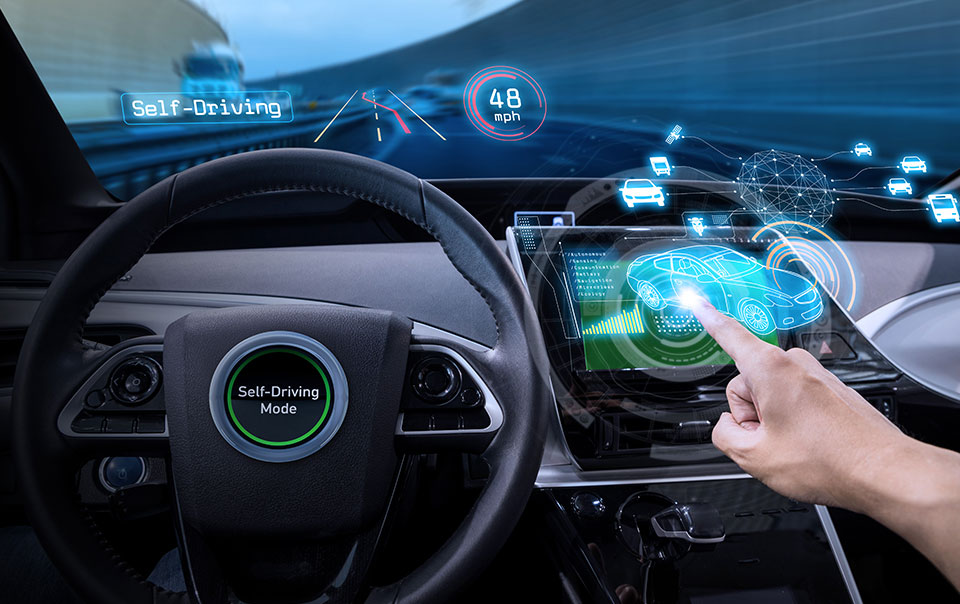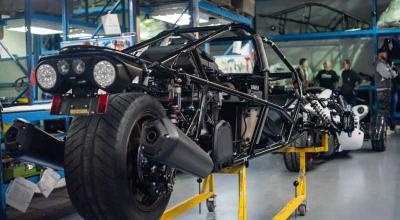The Hidden Costs of High-Tech Cars: Safety, Privacy, and Financial Implications

by AutoExpert | 29 November, 2023
In the age of rapid technological advancement, modern cars have evolved into more than just vehicles; they're akin to computers on wheels. With features like automated driver assistance systems, large display screens, Internet connections, and seamless smartphone synchronization, the allure of these "smart" cars is undeniable.
However, this rush towards automotive innovation might have its drawbacks. As tech features become more advanced, they can inadvertently introduce new concerns around safety, privacy, and cost.

Despite some advancements contributing to safer driving experiences, others may lead to tech excess, posing potential harm to drivers. For instance, the complexity and high-tech nature of these vehicles can lead to expensive repairs, operational challenges, and heightened distractions behind the wheel.
A recent report by the Mozilla Foundation highlighted another significant concern: data privacy. Modern vehicles, equipped with sensors, GPS, cameras, and connectivity options, are capable of collecting a vast array of personal information. Shockingly, privacy policies of some car brands suggest the possibility of sharing or selling this data, raising red flags about the use of sensitive information.

Amid these concerns, financial implications also loom large. Advanced driver-assistance technology and other sophisticated features can significantly hike up repair costs, sometimes up to three times more than vehicles without such tech. This, combined with the need for specialized repairs (like windshield replacements that require recalibration for internal cameras), adds to the financial burden for owners.
The technological allure of these cars often overshadows their practicality and safety. For instance, interfaces that seem user-friendly at first glance can be dangerously distracting. Large, touch-screen consoles that control various aspects of the car's functionality can take a driver's attention off the road, increasing the risk of accidents.

Moreover, there's a notable gap between what is marketed in these systems and their actual performance. Features labeled as "autopilot" or "full self-driving" can mislead drivers into overestimating the car's autonomous capabilities, potentially leading to hazardous situations. This gap underscores the necessity for driver education on the appropriate use of these partially automated features.

The concerns around high-tech cars aren't just about the bells and whistles; they encompass crucial aspects of driver safety, data privacy, and financial impact. While the tech advancements in cars can bring undeniable benefits, it's essential to weigh these against the hidden costs they might entail. As we embrace the future of automotive technology, it's crucial to keep these considerations in mind, ensuring that innovation doesn't come at the expense of fundamental needs like safety and privacy.

















